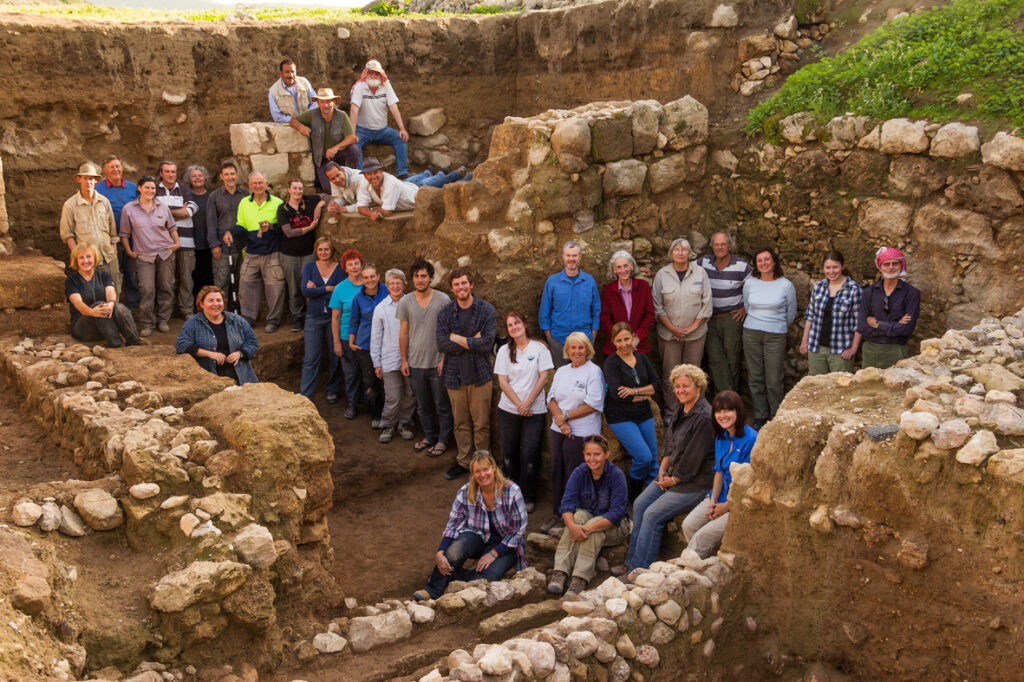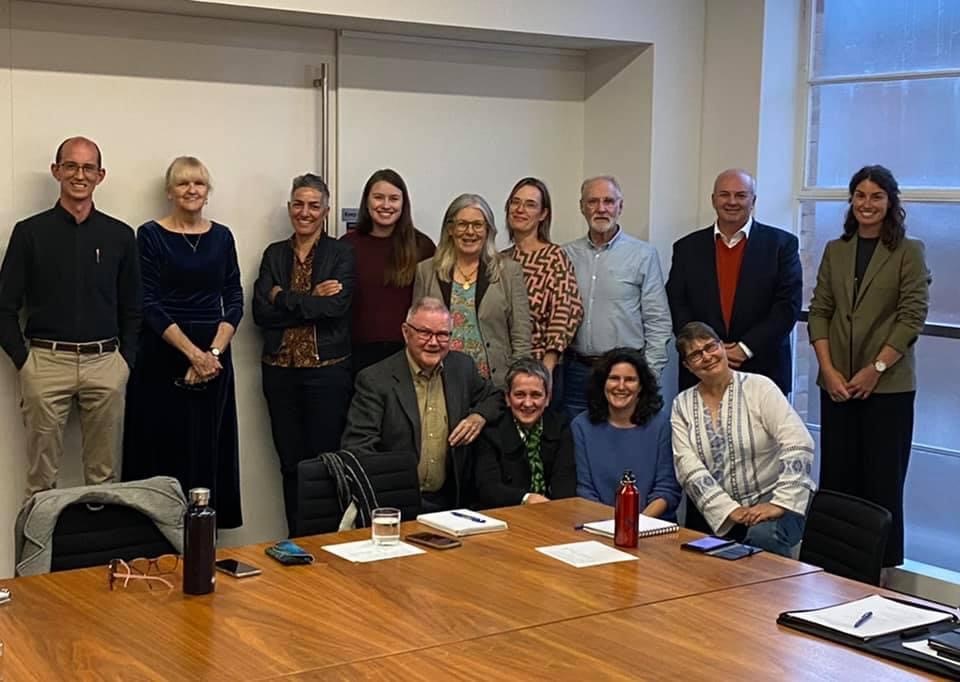THE NEAR EASTERN ARCHAEOLOGY FOUNDATION

The Near Eastern Archaeology Foundation allows people who would have little or no contact with this fascinating study of the past, other than through the written word, to achieve not only first hand experience of excavation and study, but also to further the careers and the research of the graduate students who are so often their teachers and friends.
NEAF’s first aim is achieved by giving grants to postgraduate research students working in those fields that are the major concern of the Foundation. The Catherine Southwell-Keely Travel Grant of $3500 is given annually. Grants-in-Aid of varying amounts are awarded for smaller research projects, ranging from overseas travel, archaeometric sample preparation, thesis preparation costs, photography and minor equipment purchases. These grants are available to enrolled postgraduate students of Australian and New Zealand universities. Their aim is to help graduate students establish themselves in their chosen field of research, and, increasingly, to supplement scarce research expense funding. The grants are advertised in September each year.
The second aim of the Foundation, to make Near Eastern Archaeology more accessible to the general public, is achieved in a variety of ways. During the year, the Foundation offers several lectures on Near Eastern, Cypriot and Egyptian Archaeology to its members and friends.
The Foundation conducts overseas tours with experienced archaeologists as tour leaders: these tours concentrate on a particular theme in archaeology and are usually preceded by a lecture series. As opportunities arise, the Foundation endeavours to arrange private viewings of touring archaeological exhibitions. In 1992 NEAF introduced a Volunteer system that enables lay people to participate in an overseas archaeological excavation and by their financial and physical contribution to enable excavation and research to take place.
Information on the Foundation’s activities is published annually in the NEAF Bulletin. As well as this information, a variety of articles of general interest to the members are included. These may be about recent excavations, particularly those involving Sydney University, other new discoveries and book reviews as well as reports from the recipients of NEAF grants.
In 2009 NEAF was pleased to announce its relocation to the new Centre for Classical and Near Eastern Studies of Australia (CCANESA). CCANESA is an exciting collaborative venture housed in the Madsen Building of the University of Sydney which co-locates the NEAF, the Australian Archaeological Institute at Athens, research interests and projects from both the Department of Classics and Ancient History and the Department of Archaeology as well as the office of the journal Mediterranean Archaeology. The Centre also co-locates the significant library and archival holdings of the above bodies. It is hoped that NEAF’s members and supporters will benefit by moving into a premises designed to facilitate collaboration and research.
Why not join NEAF today and join a group of like-minded people fascinated by all aspects of archaeology?
Further information concerning NEAF can be downloaded below:
Annual Reports:
- NEAF Annual Report 2024
- NEAF Annual Report 2023
- NEAF Annual Report 2022
- NEAF Annual Report 2021
- NEAF Annual Report 2020
Financial Reports
- NEAF Financial Income Report 2024
- NEAF Financial Income Report 2023
- NEAF Financial Income Report 2022
- NEAF Financial Income Report 2021
- NEAF Financial Balance Sheet 2021
- NEAF Financial Report 2020
The NSW Auditor General performs the Audit of Financial statements of the University as a whole. The Auditor-General has not specifically performed procedures that ensured that the financial statement presented in our Annual Reports was true and fair or in accordance with the University’s accounting policies. Further, at the date the certification was signed by the Finance Director, the Audit-General had not completed the audit of the University’s financial statements.

NEAF Council
Since it was created in 1985, NEAF has been guided by a Council of people passionate about Near Eastern Archaeology and sharing it with the wider public and students.